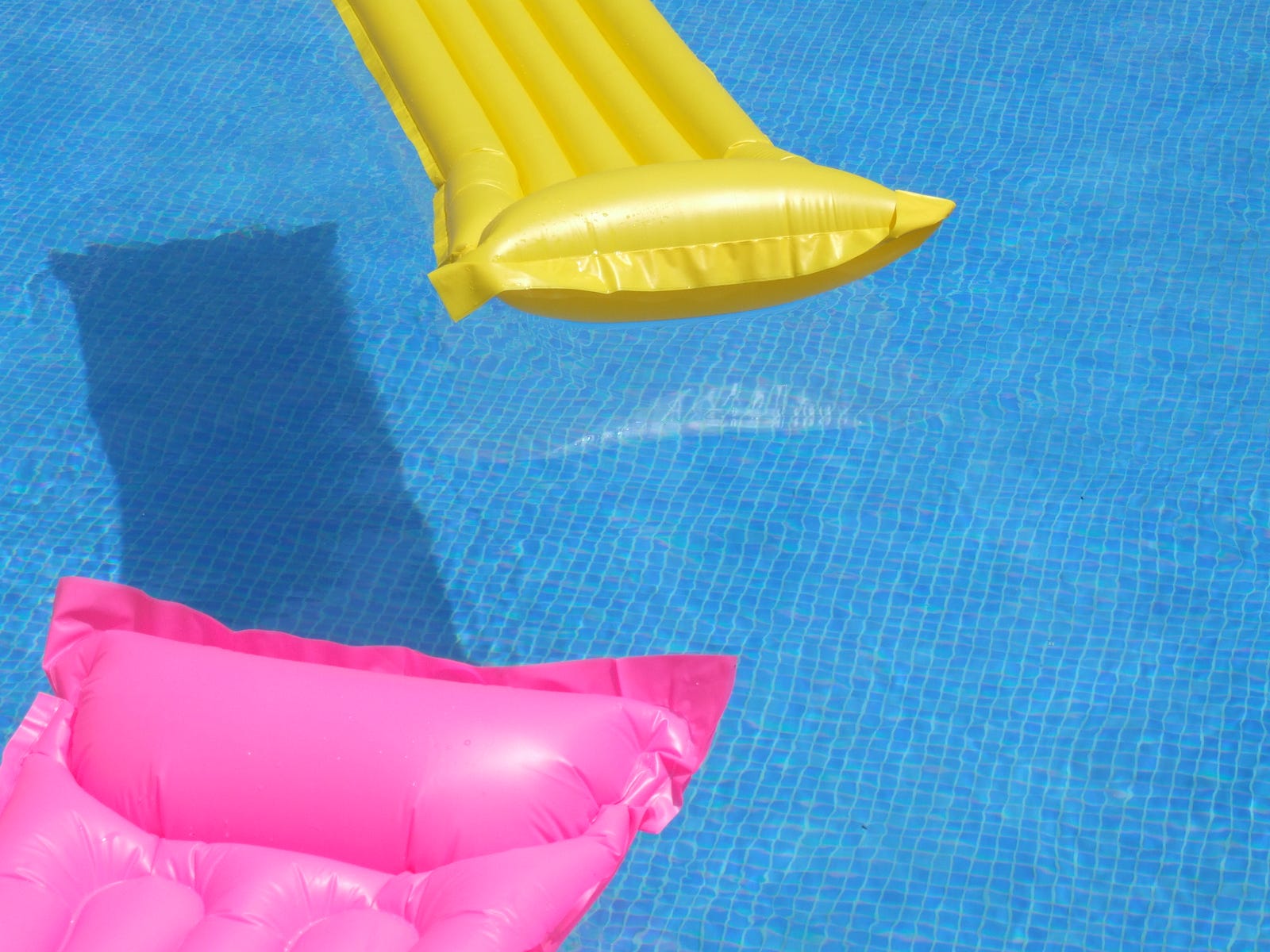
11 Oct Only White Girl in the Swimming Pool
When the Black kids jumped in, all the other White mothers pulled their kids out.
My story takes place in the summer of 1951 in Austin, a Chicago community where my grandparents lived. It’s the story of my very first interracial experience. Maybe it’s what inspired me to work for racial justice later in life.
When Grandma and Grandpa moved there in the mid 1940’s, Austin was still almost exclusively White. But when Black families started moving in, many White residents fled westward to the suburbs. That’s where I grew up, in a town where over 99% of the population was of European descent.
On this particular summer day, my mom put me into some kind of child restraint device — I think it was a blue canvas chair that hung on the car’s front passenger seat — and drove the 20 miles to visit her parents in Austin.
The table fan in their apartment gave little relief from the oppressive heat of Chicago’s summer, so we spent the afternoon at the neighborhood swimming pool in a little park right next to the train tracks. I was 2½ years old.
We must have gone there when I was older too, because I have very vivid memories of playing in the water while the train roared by and looking up at the embankment to count the cars. The following events, however, happened when I was too young to remember them. I’m recounting here the story as my mom told it to me.
At first everything was peaceful. The pool was filled with happy (White) children laughing, splashing, and doing all the things kids do in a swimming pool. I was sitting in the shallow end, where the water was just up to my armpits, looking all cool and cute.
I don’t know what Chicago’s pool policies were in 1951. Racial segregation in public places became illegal in 1954, but some cities had already made efforts to integrate swimming pools years before that. Chicago may have been one of them.
Whether or not it was legal, on this day several Black families came together to the little neighborhood pool to swim. Mom said the adults looked really nervous, but the kids just ran ahead and jumped into the water.
Then all hell broke loose. The horrified White parents snatched their children out of the pool, as if the water had suddenly become boiling hot. The way Mom told it, you’ve never seen dozens of adults move so fast and with such collective purpose.
Within minutes, all the White kids were standing in the grass, looking very confused, while their parents hovered protectively over them.
All of them, that is, except me. I continued to sit in the shallow end of the pool, where the water was just up to my armpits, surrounded now by happy Black children who were shouting, splashing, and doing all the swimming pool things.
My mother — God bless her beautiful soul — stood near me with her arms crossed and her expression resolute. And I stayed in the water and played until it was time to go home.
I won’t write about why White people feared being in a swimming pool with Black people, because the stupidity is too infuriating. This is a story about my mom standing up for what’s right, and I want to keep the focus on her. Wikipedia has a good article if you want more information.
Every time Mom told me this story, I asked what the other White parents said to her. She always claimed she didn’t remember, but here’s what I imagine: a White woman shouted, “Your child is marked for life!” and my mom shouted back, “I hope so.”
I also try to imagine what those Black parents must have been feeling. I doubt I would have the courage to do what they did. How devastating to have to weigh your desire to take your kids swimming against your fear for their lives.
I don’t know about you, dear reader, but I’m the kind of person who assigns big meaning to events whenever possible. I like to think that on a summer day in a swimming pool when I was very young, I was inoculated against some of the more toxic strains of racism.
Or maybe it was more like a baptism — I was dunked into water filled with laughing Black children and thereby welcomed into the human race.
Although I was too little to recognize it at the time, my mom’s refusal to pull me out of the pool was an act of fierce resistance. She always thought of herself as timid and insecure, and I think that prevented her from recognizing her own strength.
I came to see it clearly though. Throughout her life, my mother intentionally sought out friendships with people of diverse backgrounds. She served her community and promoted the oneness of humanity until six days before she died at age 93.
Now that she lives in the world of spirit, I call on her to help me stand against injustice. Sometimes, when I’m the only White girl in the therapy pool at the Senior Center, I imagine she’s smiling.
Photo by Ben Vloon on Unsplash



No Comments